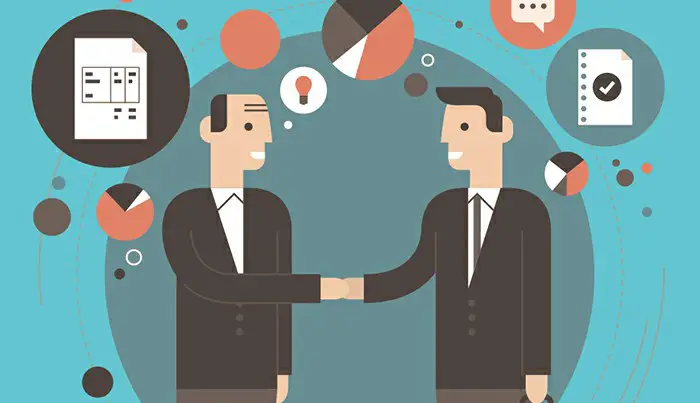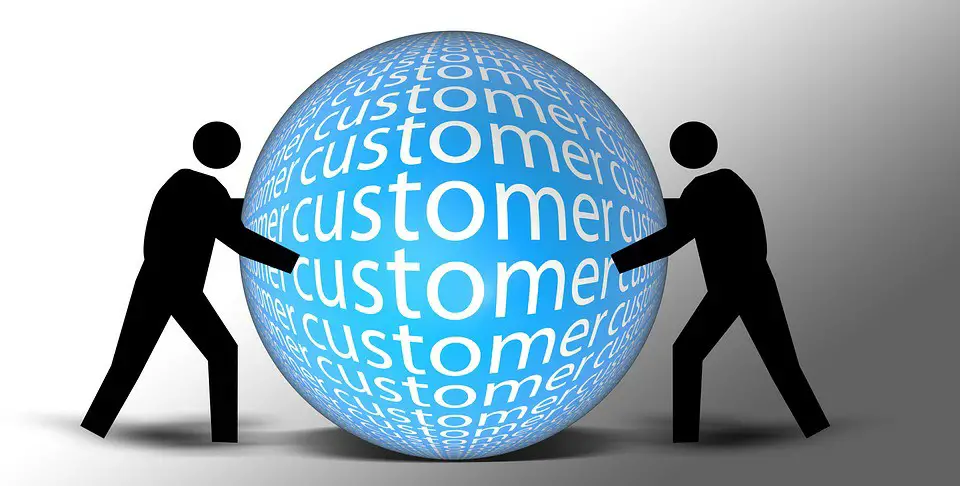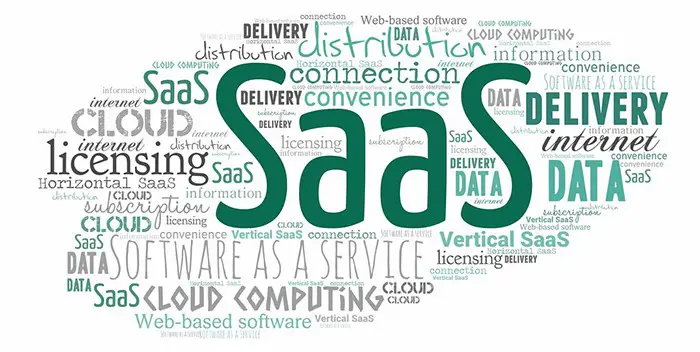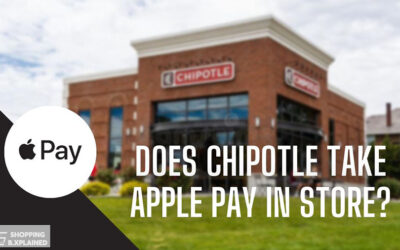Business people frequently use two terms: client vs customer depending on the partnerships formed. But some don’t know how they differ and use them interchangeably.
We can’t dispute that distinguishing between client and customer has been a challenge. We are frequently perplexed and believe, “That’s the same thing!” Yet the truth is quite different.
Definition Of Customer And Client
What is the difference between client and customer? Basically, customers are those who come to you primarily to purchase the goods or services that you offer. Clients pay for customized advice and solutions tailored to their needs.

What Is A Customer?
A customer is a person or an organization who purchases anything from a shop, or business. We can see right away that customer is a term we use primarily to refer to informal purchases.
We can define a customer as someone who buys items regularly or has a habit of doing so. If you run a SaaS (Software-as-a-Service), you must recognize that everybody who purchases a subscription to your product is a customer.
This applies to all of your levels, including the Enterprise ones. A customer will immediately select the type of service for which they wish to pay.
They are looking for a quick exchange of value for their money. Customers are all SaaS clients, however not all SaaS clients are customers.
Customers pay for the SaaS product that they require to reap the benefit from it. They might find what they’re seeking and then quit after a trial period or two billing cycles.
Customers’ demands are sometimes transient, and they will no longer find your offering useful. That’s why we define a client as someone who pays money for goods or services.
It’s also worth noting that the customer does not form a long-term relationship with the company from whom he purchases. As a result, the entire sales cycle is frequently short.
What Is A Client?

A customer who is a client is more devoted. Whereas a customer may only buy from you once and never return, a client will keep in touch with you and your product regularly, showing greater loyalty.
A client will make a long-term investment in your goods. They want to form a tailored and long-term relationship with your product and company to get long-term value.
A client could stay with you for years, while a customer could just stay for a month. A client is also someone who is not concerned with the instant exchange of money for services.
They’re more concerned with the broad picture and how your solution can help them maintain their current level of success in the future.
When money is left out of the equation, the connection feels more like a collaboration, which can boost both the client’s and your company’s satisfaction and dedication.
When it comes to customers, the sales cycle can be rather lengthy. As a result, the link between the two entities tends to be important.
Customers Make Purchases Based On Price And Value
Customers may not be the final user or consumer, but they do pay for purchases. For instance, a customer might purchase a gift for her husband from a store, making her the customer and her spouse the consumer.
Advertising aimed at attracting new buyers frequently emphasizes pricing and value. When it comes to consumer advertising, quality and efficacy are frequently highlighted.
Clients Make Purchases Based On Experience And Trust
Promotions aimed at attracting new clients have a tendency to emphasize a company’s reputation and experience dealing with challenges similar to the prospective client’s.
A law company will promote how long they’ve been in business and how confident they’ve been in winning outcomes on behalf of a client, whereas a supermarket may advertise low pricing and a large assortment of goods.
Key Differences: Client Vs Customer
Meaning
The meaning is the first and most visible distinction in the client vs customer battle. A customer is a person who purchases goods and services from a business. The client is a person who expects a business to provide professional service.
Relation With The Seller

A consumer conducts business with the company. That suggests it’s most likely a one-time buy. As a result, the seller does not need to form a deep bond with the buyer.
A client has a fiduciary relationship with the company. This implies that both parties are focused on long-term goals and a long-term relationship. The company must work on forming a deep bond with the client to entice him to return.
Agreement
An agreement is a third difference in the client vs customer disagreement. The customer does not require a formal agreement with the vendor because he is making a one-time transaction.
The client enters into a long-term connection that is frequently unpredictable. An agency or corporation may not be as relevant as it appears at first.
The Offer
While this distinction has nothing to do with either client or customer, it shows how organizations that cater to both groups differ.
First, some businesses cater to customers. Such businesses can sell both goods and services. Some organizations have clients just provide services, as you may have predicted.
Longevity
This distinction is inextricably related to the relationship. Customers tend to form shorter-lasting relationships with businesses than clients.
That’s because they don’t have long-term aims in mind and focus on one-time sales instead. Client-facing firms must do all possible to avoid client attrition. After all, they rely on the bonds they establish.
Personal Attention
Last but not least, there is the issue of personal attention, which differs greatly in the customer vs client debate. This is because, to have a long-lasting connection, you must devote more personal attention to another person.
As a result, you did your best to capture their attention and demonstrate your benefits. If you wanted to make a quick buck, all you had to do was lie about who you were and show how ‘awesome’ you were.
While firms with consumers can’t lie about their offer, they don’t require as much human attention. A product’s quality should be able to accomplish its job in this situation.
When it comes to client-based firms, the situation is very different. Personal attention is essential and should be prioritized in this situation if you want to keep the client for as long as feasible.
Why Customer Vs Client Is Important?
The client vs customer distinction is critical to your SaaS company strategy.

Because clients will pay for your product for a longer time, these connections will normally cause more effort and attention.
Clients will be your most devoted customers, therefore it’s only natural that you want to keep them as long as possible.
You have to pay about five times more for customer retention than customer acquisition. That’s why your business needs to provide high levels of personalization, high-quality service, and support to your clients.
These clients will receive not just cloud-hosted subscription software, but also extra attention and focus to their demands to achieve the best possible success.
Getting Customers To Become Clients
Most companies can develop their consumer interactions in a variety of ways, effectively turning customers into clients. How well your organization achieves higher customer loyalty can help you stand out and go ahead of the competition.
For instance, Sightglass coffee is effectively cultivating consumer loyalty with inventive rewards systems that get increasingly tailored to each customer as smartphone technology improves.
A merchant can reply with tailored ideas and unique service and product discounts catered to individual consumers’ demands based on direct interaction with and regular input from customers.
Long-term connections blossom once a retailer considers itself a product representative for each consumer.
Conclusion
We are usually confused and think “That’s the same thing!”, but the reality is a whole different story.Customers are those who come to you primarily to buy the products or services you provide. Clients pay for personalized advice and solutions that are suited to their specific requirements. Hopefully, this article has clarified the client vs customer debate.
Reference source:
- What is client – Wikipedia
- What is customer – MBN










0 Comments